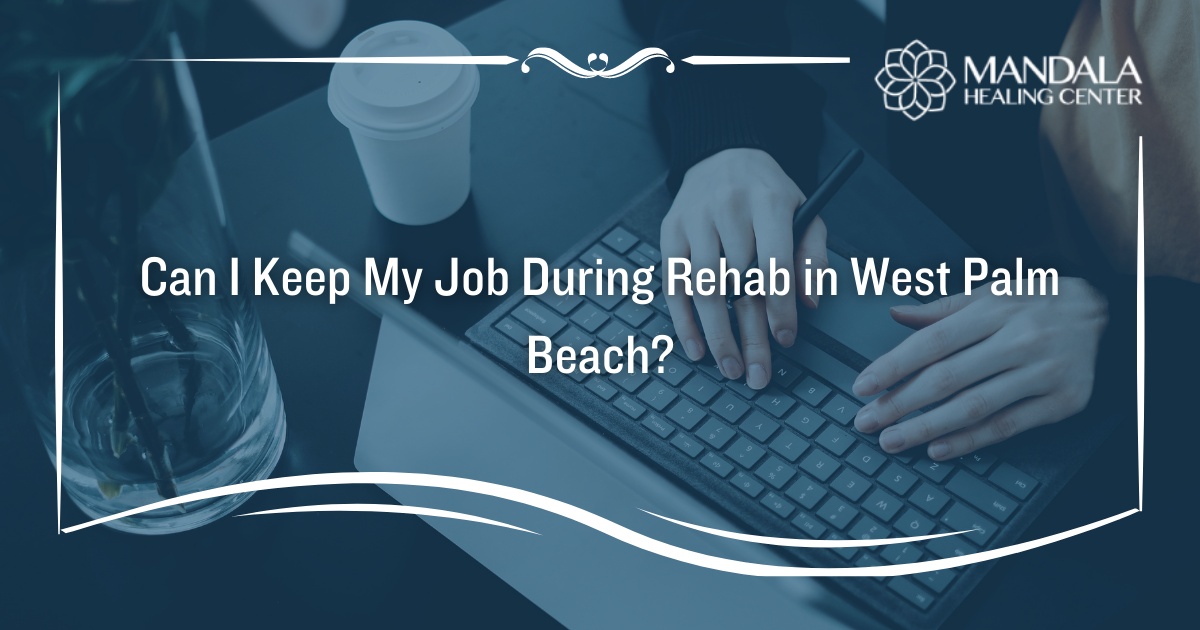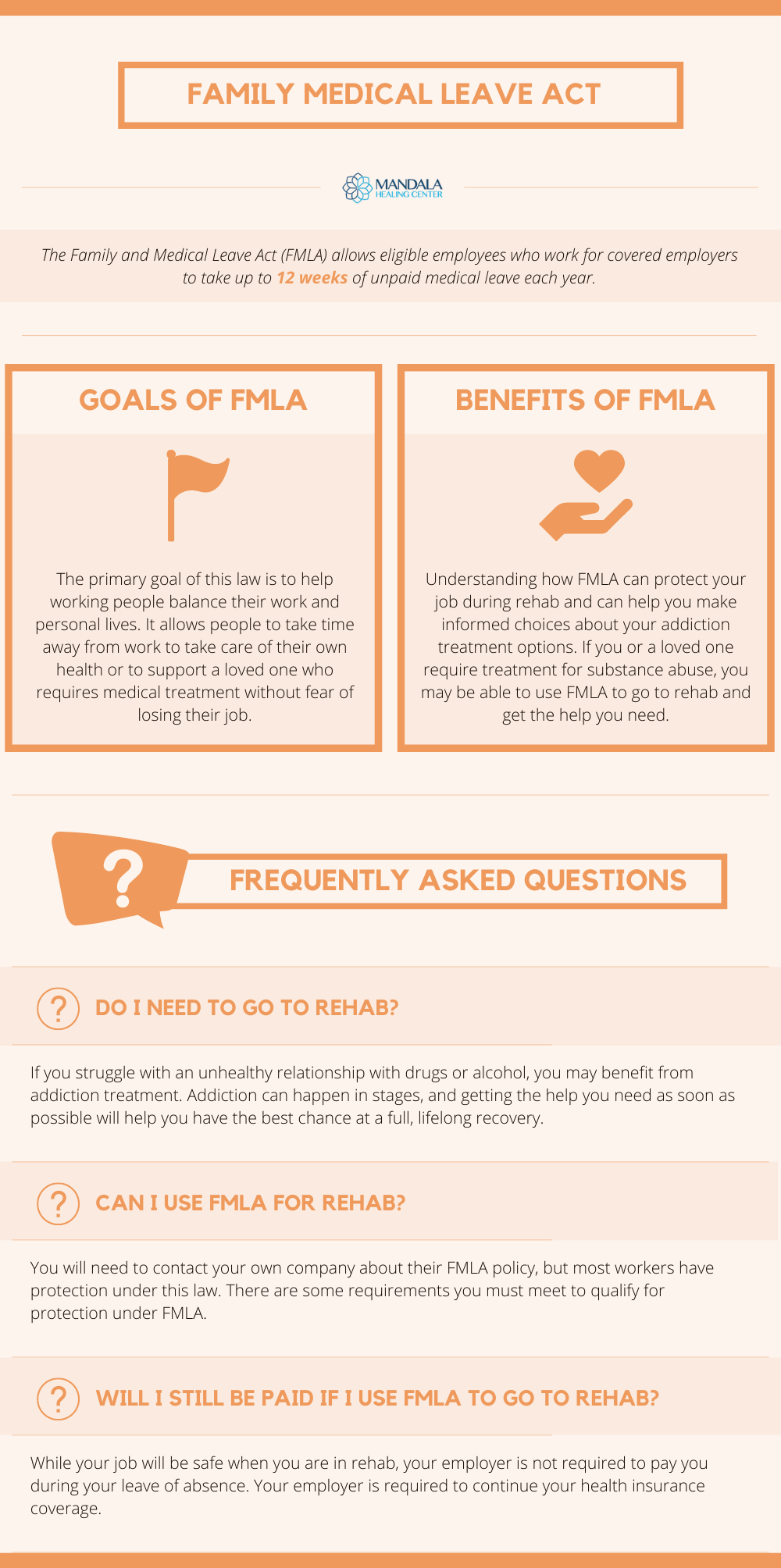Millions of people in the United States struggle with addiction to substances. Addiction affects every aspect of a person’s life. Left untreated, the addiction can cause significant, long-lasting damage to a person’s physical, mental, and social health. People living with addiction may realize they have a life-threatening problem and want to get treatment to stop using substances, or they may not recognize they are at risk of significant harm. Even when people realize they need treatment to overcome their addiction, they may delay treatment for a variety of reasons. They may not want to admit to friends and family that they struggle with addiction, or they may be afraid to take time away from work or their families to get treatment.
About 70% of the people who live with addiction are employed.[1] Despite what we are shown in the media, most people who live with addiction are able to function enough to keep their job. This also means that many people may be concerned about whether or not they can keep their job during rehab to get the help they need to overcome their addiction.
If you or someone you love lives with addiction, it is important that you understand what treatment options you have so you can make the best choices for your care.
Can I Keep My Job During Rehab?
If you have been thinking about going to rehab, you may have many questions about how it will affect your life. Taking time away from your family, work, or social group may be overwhelming. Most people wonder if it is possible to keep their job during rehab, or if they will need to leave their position in order to complete their treatment.
Luckily, it is possible for most people to keep their job while they go through addiction treatment. First, there are different kinds of treatment programs. Some are inpatient and require you to live at the center while receiving care. Others are outpatient programs that allow you to live at home and stay engaged in your day-to-day activities during treatment. Your medical and addiction treatment team can help you determine which type of program is appropriate for your unique needs.
If you do decide to participate in an inpatient or residential treatment program, your job is likely to be protected by the Family Medical Leave Act (FMLA). This law allows employees to take up to 12 weeks of unpaid leave to receive care for a medical or mental health condition. Addiction treatment is included under FMLA.[2]
3 Steps to Keep You Connected to Your Career During Rehab
Taking these three steps will help ensure you keep your job during rehab.
- First, give your employer as much notice as possible that you will be taking a leave of absence to receive addiction treatment. If you have a determined end date for the program, tell your employer and plan to return to work as soon as the program is complete. Talk to your manager about any unfinished projects or upcoming significant events they will need to plan around.
- Keep in touch with your employer during your time in rehab. If possible, schedule a weekly phone call or email to your employer to let them know about any changes to your schedule. Let them know if you will finish treatment sooner or later than originally planned.
- Stay connected with emails and phone calls, if allowed. Many treatment programs allow people to have access to a computer and/or phone. You may be able to help your employer manage any unfinished projects or issues that arise during your absence. This will also be helpful to you when you return to work because you will be aware of any major changes or issues that have come up while you were away.
While it is helpful for some people to remain engaged and active at work during rehab, others may prefer to take a complete absence from work to focus completely on their treatment. Whether you communicate with your employer or not, your job is protected under FMLA.
Could I Lose My Job During Rehab? Understanding FMLA
The Family Medical Leave Act protects your job for up to 12 weeks of unpaid leave so that you can get addiction treatment. There are some limitations to FMLA, however. First, you must work for a company that has at least 50 employees within a 75-mile radius. Second, you must have worked for the company for at least 12 months and must have completed 1,250 hours of work during those 12 months.[2]
If you meet these criteria, your job will be protected by FMLA, and you can keep your job during rehab. Your employer must also continue to provide health insurance, and you will be responsible for contributing to these costs as usual. You will not be paid during your leave of absence, but you may be allowed or required to take any accumulated PTO or sick time. At the end of your treatment program, your employer must allow you to return to work in your old position or a similar one, and you must be paid the same as before you took your leave.
Get Help Today
If you or someone you love is living with addiction, you are not alone. Reach out to the staff at the Mandala Healing Center. We provide support and treatment for people in any stage of addiction. We know that getting the treatment you need is the first step towards the healthy, fulfilling life you deserve.
If you are ready for life-changing addiction treatment, call us today.
References:













